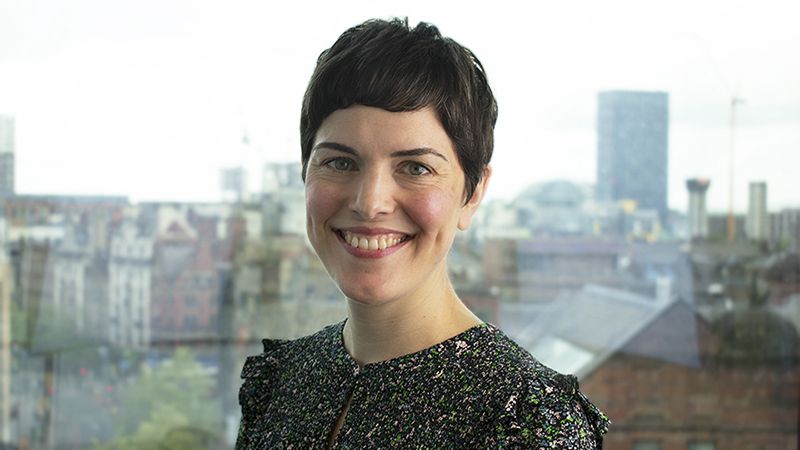Before the Financial Conduct Authority’s Sustainable Disclosure Requirements (SDR) came to represent the voice of sustainable investors, there were advisory committees. In the absence of hard and fast rules on sustainable investing, a number of sustainable fund managers established external committees. Aiming to reassure clients that fund managers’ views on sustainability were subject to outsider scrutiny, these committees have also become a useful source of support and challenge for investment teams navigating the changing world of sustainable investing.
Our own committee has been in operation for six years now and this article reflects on the benefits it has delivered and looks ahead to the value that the committee can continue to bring, even with the SDR scheme in place.
What’s an advisory committee and what does it do?
Comprising of sustainability experts, industry professionals and, in our case, clients, these committees usually meet a few times a year to carry out three main functions as outlined below.
- Holding us accountable: A key role of the committee is providing feedback. The members review the holdings in our sustainability funds prior to every meeting and have the opportunity to question why we hold a particular stock name. We also provide a more detailed update on new investments and the sustainability rationale for initiating a position. The process of review and feedback holds us accountable to our investment mandate and to our clients’ sustainability expectations. In this vein, we trialled the concept of ‘unexpected holdings’ with the committee in 2023.
The idea – which was included in the SDR consultation but dropped from the labelling scheme’s final guidance – was designed to increase transparency and decrease greenwashing by requiring fund managers to disclose any holdings that clients might be surprised to see in a sustainable fund. When we carried out this exercise with our advisory committee, there was one name in particular – a soft drinks manufacturer – that the committee discussed at length. Although not every committee member raised their eyebrow at the company’s inclusion in the fund, the conversation made us realise that we needed to do more to explain the investment rationale to our client base. - Acting as a sounding board: The committee has also been useful in terms of giving us a view on issues that have no obvious clear-cut solution. For example, we talked to them about participating in a prospective bond issue, where the proceeds would be used to build a social care facility with tangible community benefits. However, the bond issuer itself was an organisation that had attracted some controversy. The case for and against buying the bond was pretty evenly matched, so it was helpful for us to hear the committee debate the pros and cons and understand how clients might perceive the purchase. Ultimately, the bond issue did not go ahead but the committee’s advice – that many clients would be concerned if we initiated a holding – would certainly inform any future decision-making. NB: It’s important to note that committee’s advice is just that: it’s advice, it’s not binding. Ultimately, decision-making must reside with the investment team as the stewards of clients’ capital.
- Prioritising engagement: the number of topics that are covered under the umbrella of sustainability is varied to say the least. The committee helps us understand which issues are cutting through and attracting most attention from the public. In turn, that helps to inform our engagement priorities. In addition, one of the biggest benefits of the committee is its galvanising force and its encouragement for us to go further with our engagement. In the past year, for example, a committee member has pushed for us to do more to link our voting to climate change and we’ve upped the ante as a result.
It’s clear that an entity that started life primarily as an accountability mechanism, designed to reassure our clients about the integrity of our approach to sustainability, has evolved into a body that provides a much broader set of benefits to us as a business. Far from dwindling in importance with the arrival of SDR, we foresee more opportunity to use the collective expertise of our advisory committee.
For instance, at our upcoming meeting in September we intend to get their feedback on the draft sustainability disclosures that we’ll be required to publish under the SDR guidelines. The aim of these disclosures is to provide accessible information to retail investors on the sustainability credentials of a labelled fund, so the fresh perspective that committee members can bring is invaluable. More importantly, as we grapple with the extensive requirements of SDR, it can be easy to become mired in the data and details. Against this backdrop, the advisory committee plays an important role in keeping us focused on our clients and their needs.








